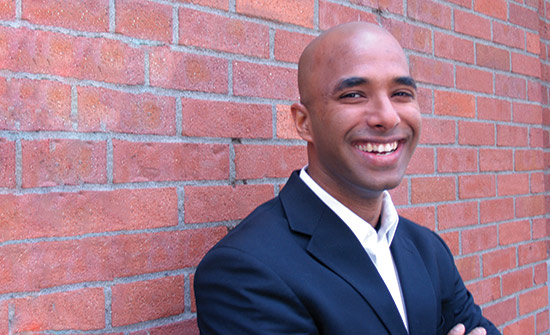Seeds of social change
 Kushal Chakrabarti (Photo courtesy Vittana)In Vietnam, fewer than 5 percent of women finish college. Without skills, many young women have no choice but to take work that pays poverty-level wages. Today, 24-year-old Ngoan Thi Nguyen is the first in her family to go to college. How? She qualified for a $569 loan from a Seattle startup called Vittana, the brainchild of Kushal Chakrabarti (B.S.’04 EECS).
Kushal Chakrabarti (Photo courtesy Vittana)In Vietnam, fewer than 5 percent of women finish college. Without skills, many young women have no choice but to take work that pays poverty-level wages. Today, 24-year-old Ngoan Thi Nguyen is the first in her family to go to college. How? She qualified for a $569 loan from a Seattle startup called Vittana, the brainchild of Kushal Chakrabarti (B.S.’04 EECS).
“Education is the single most powerful tool we have to fight global poverty, enrich communities and transform lives,” says Chakrabarti, 28. “We should believe in young people. They’re worth spending money on.”
Vittana, a south Indian Telugu word for “seed,” models itself loosely on micro-lenders like Kiva and Grameen Bank. At Vittana.org, donors can support a student’s education for as little as $25. Vittana sends 100 percent of the money to the student, it says, and pays for its operations through optional donations from lenders.
To date, the nonprofit has funded more than 1,000 students in 11 countries. Next year, Chakrabarti says he wants to fund 10,000 students.
“Education for me was life changing, and I want other kids to have a better chance at life, too,” he says.
Thanks to Chakrabarti, seeds around the world now have a chance to flourish.

